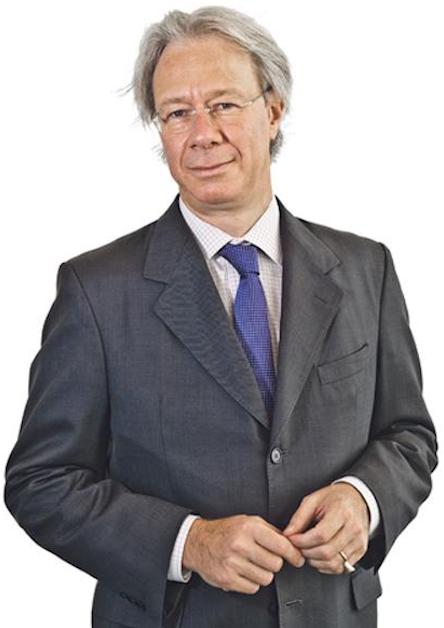 “So much of left-wing thought is a kind of playing with fire by people who don’t even know that fire is hot.”
“So much of left-wing thought is a kind of playing with fire by people who don’t even know that fire is hot.”
George Orwell
The English poet W.H. Auden went to Spain in 1937 at the outbreak of the civil war there. He intended to volunteer his services as an ambulance driver on behalf of the left-wing government (the “Loyalists”), fighting against the right-wing insurgents led by General Francisco Franco (the “Nationalists”).
He was not accepted in the ambulance unit – he claims because he was not a Communist- and spent a couple of desultory months there before going back to England. He then wrote a poem, “Spain, 1937”, which suggested that as a politically committed author one must be prepared for the “conscious acceptance of guilt in the necessary murder.”
Many interpreted this to be a glib rationalization of the atrocities committed by the Loyalists’ side, e.g. 12,000 churches burned, six thousand Roman Catholic clergy executed, including 12 bishops and 283 nuns (some of whom were tortured and raped before they were killed).
One person who took particular offense at this phrase was George Orwell, who actually did fight for the Loyalist cause, being gravely wounded in the process. To add insult to injury, Orwell and his wife barely escaped Spain because the Stalinists in the Loyalist government wanted him executed as a political apostate, i.e. supposedly a “Trotskyite”.
Orwell, who knew a thing or two about totalitarian regimes, said the reason Auden could speak so flippantly of the acceptance of murder is because:
“He has never committed a murder, perhaps never had one of his friends murdered, possibly never seen a murdered man’s corpse.”
He goes on:
“Personally, I would not speak so lightly of murder. To me, murder is something to be avoided. So, it is to any ordinary person. The Hitlers and Stalins find murder necessary, but they don’t advertise their callousness, and they don’t speak of it as murder; it is “liquidation,” ‘Elimination,’ or some other soothing phrase.
Mr. Auden’s brand of amoralism is only possible if you are the kind of person who is always somewhere else when the trigger is pulled.” Orwell’s Essay, “Inside the Whale”, excerpted in Welded Vertebrae, March 2013.
Someone who should understand exactly why this sort of sophistry is so dangerous is Julian Zugazazoitia, the current director of the Nelson-Atkins Museum of Art.
Julian’s grandfather and namesake was a journalist and Minister of the Interior of the Loyalist government in Spain at the end of the civil war, which Franco’s Nationalists won in 1939.
(Zugazazoitia was a long-time member of the Socialist Workers Party, a Marxist entity but one opposed to the Stalinist faction that worked to liquidate fellow leftists like Orwell in the waning years of the regime.)
Zugazazoitia went into exile in France after the civil war but was arrested by the Gestapo in 1940 and handed over to Franco to be shot.
You would think his grandson would shy away from supporting any kind of authoritarian ideology, left or right.
Imagine my dismay when I learned that Zugazazoitia ordered all Kansas City Police off the grounds of the Nelson the weekend of May 30 & 31st at the height of the rioting in midtown Kansas City
Zugazazoitia explained that having a police presence on the museum property sent a message “exactly the opposite of what we stand for.” Continue reading →
 Two billion here, five-hundred million there – it adds up…
Two billion here, five-hundred million there – it adds up…

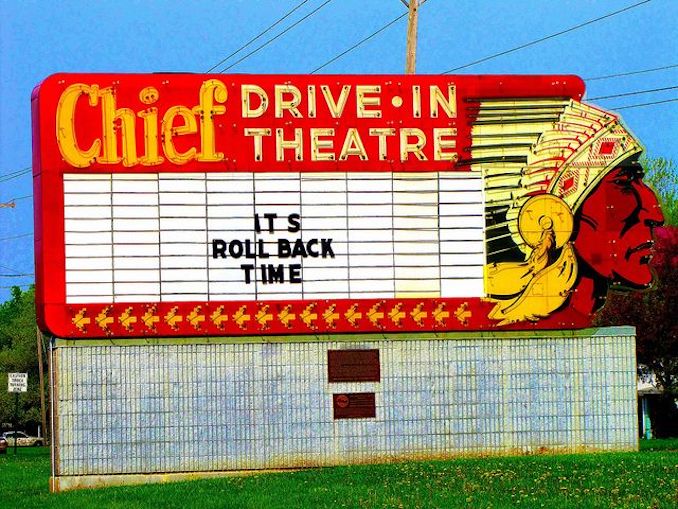 You’ve probably heard about the big comeback of drive-In theaters…
You’ve probably heard about the big comeback of drive-In theaters… Long time, no sports talk from former WHB powerhouse Kevin Kietzman…
Long time, no sports talk from former WHB powerhouse Kevin Kietzman… Word that AMC Theatres delayed its reopening sent shudders through the industry…
Word that AMC Theatres delayed its reopening sent shudders through the industry… Seems like only yesterday when you could hop on a cheap thrill Iceland Air flight and head for Europe…
Seems like only yesterday when you could hop on a cheap thrill Iceland Air flight and head for Europe… He speaks fluent German and has been a movie critic here since the earth cooled…
He speaks fluent German and has been a movie critic here since the earth cooled…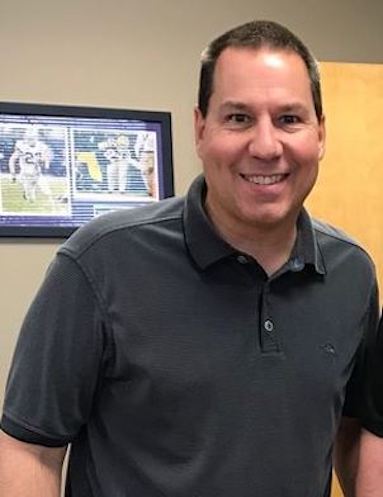 This just in…
This just in…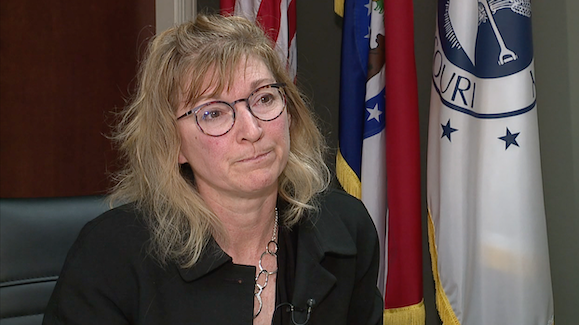
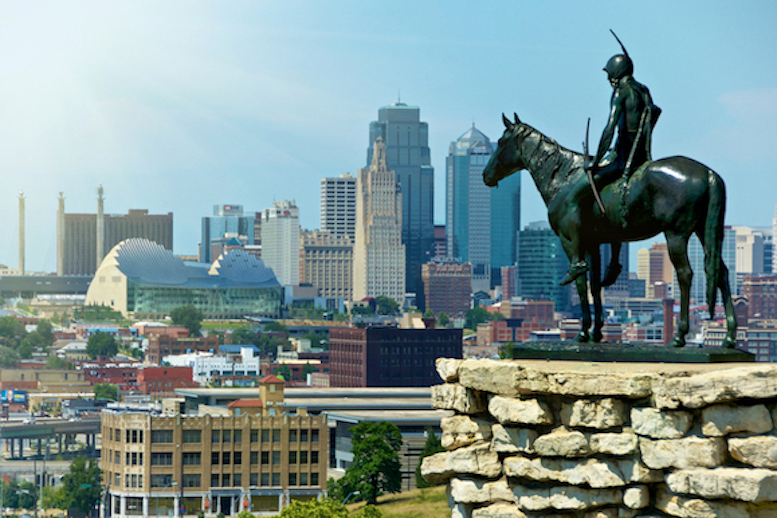
 Things are looking pretty shaky again in the movie biz…
Things are looking pretty shaky again in the movie biz…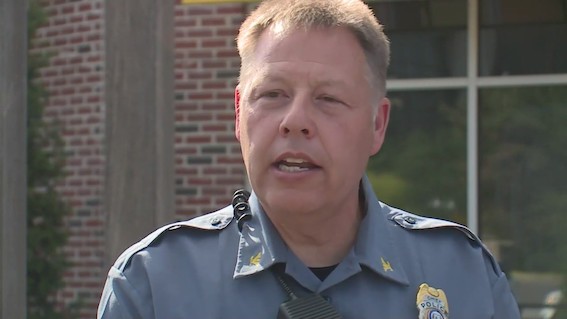 How much longer will the powers that be at what’s left of the once vaunted Kansas City Star put up with lame, over-the-top editorials and biased reporting?
How much longer will the powers that be at what’s left of the once vaunted Kansas City Star put up with lame, over-the-top editorials and biased reporting?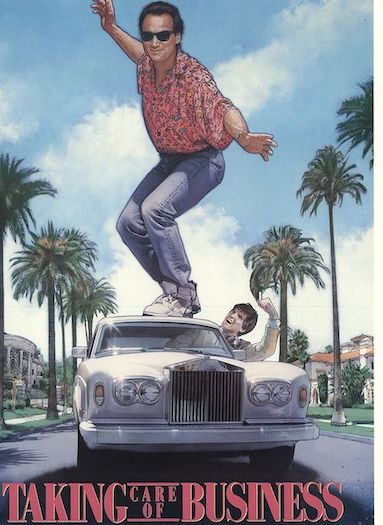 Hard to imagine things getting much worse at the Kansas City Star…
Hard to imagine things getting much worse at the Kansas City Star…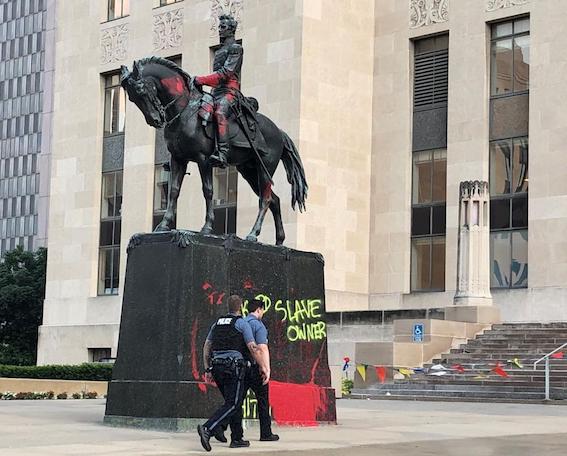 Jackson County Legislators are leaving the decision whether to remove the statues of Andrew Jackson to Jackson County voters…
Jackson County Legislators are leaving the decision whether to remove the statues of Andrew Jackson to Jackson County voters… The jury’s out…
The jury’s out…
 …Which came first, Trump or the internet?
…Which came first, Trump or the internet?
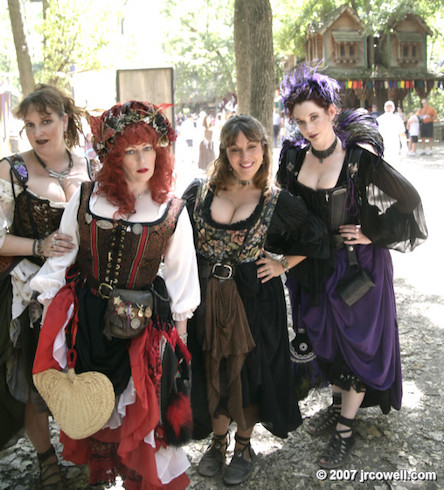 To be or not to be…
To be or not to be… “So much of left-wing thought is a kind of playing with fire by people who don’t even know that fire is hot.”
“So much of left-wing thought is a kind of playing with fire by people who don’t even know that fire is hot.”






